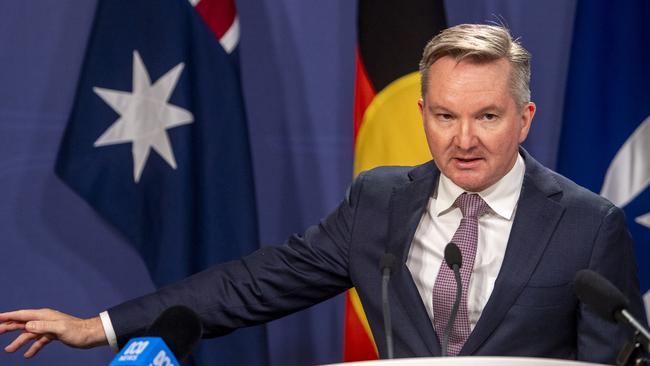
Of course, the story is apocryphal, but the message is clear: compelling propositions become reality because they stack up. When it comes to nuclear energy, this is precisely what has happened in 32 economies, with more jumping on board each year. These countries are investing or facilitating investment in nuclear energy because it makes perfect economic and strategic sense.
The one person who doesn’t seem to see the logic of this is Chris Bowen, our Climate Change and Energy Minister. He would rather spend his time playing a never-ending game of puerile political football rather than focusing on the best means of ensuring reliable and affordable energy with a minimal carbon footprint. He simply refuses to acknowledge what is going on in virtually every developed economy around the world and some developing ones too.
He is caught in a time warp of yesterday’s thinking, spouting the outdated tropes about nuclear being unsafe, expensive and slow. The fact that Labor politicians released pictures of three-eyed fish points to the lack of substance of Labor’s objections to nuclear as one source of energy for this country.
The reality is that nuclear is moving very quickly overseas. Even climate fanatic Ed Miliband, the UK Energy Secretary, has stated that nuclear power will be an essential part of the government’s net-zero plans. The government has called for private companies to participate in the process, with the government willing to help.
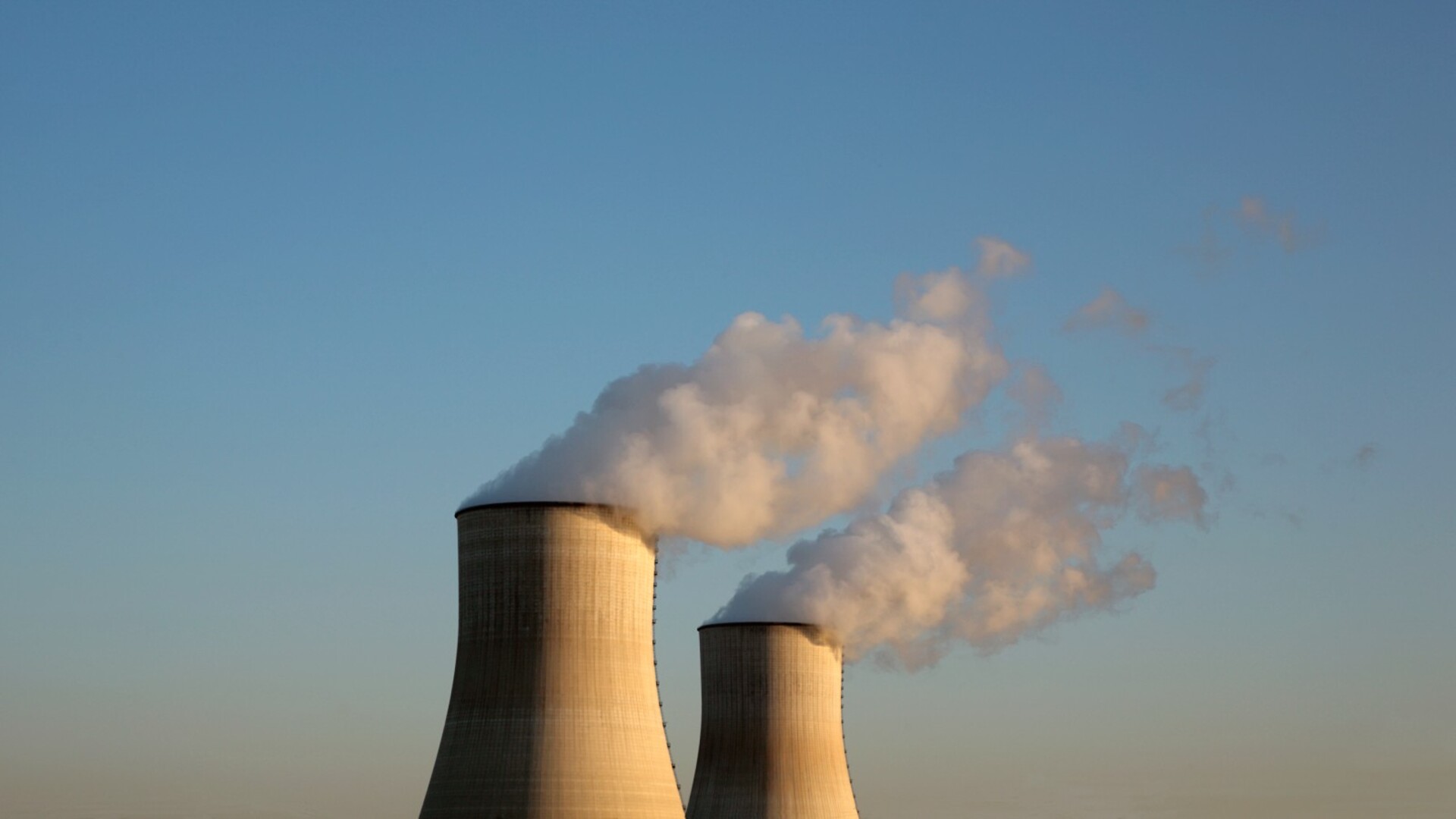
“My message is clear: if you want to build a nuclear reactor in Britain, my door is open. On funding, we are exploring how the government can help private developers bring advanced nuclear projects to market. On planning, we are consulting on a new nuclear planning framework and siting policy next year.” Can you imagine Bowen uttering those same sentences?
In the US, the nuclear industry is progressing rapidly, as large energy users such as Amazon, Microsoft and Google sign private purchasing arrangements with developers of small modular reactors to secure power for their energy-hungry data and AI centres. The Gates’s pilot project in Wyoming, using a novel version of nuclear power, has begun construction.
Around the world, new nuclear plants are being built and old ones are being refurbished. There is even a nuclear power plant being built in Egypt, with Russian technology and Russian funding.
And let’s not forget here the group of countries at the recent climate COPs that have committed to tripling the capacity of nuclear generation in their countries by 2050 – 31 this year. Australia is increasingly looking like an irrelevant wallflower on the world stage of climate action.
It is also why the cost generation estimates put out by the CSIRO must look an ill-conceived and befuddled mess to an outside observer. Apart from the obvious question of why a government-funded scientific organisation is even undertaking such an exercise – estimating costs is an exercise for economists, accountants and engineers, not scientists – the guesses are simply irrelevant. The thing that really matters is system-wide costs.
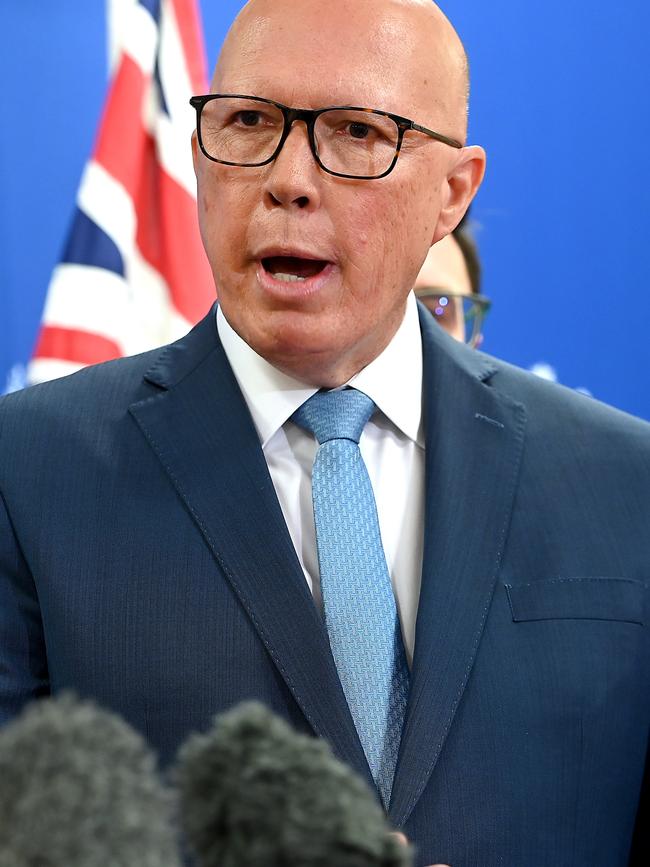
Note here also the embarrassing result of the latest iteration of this dubious exercise – that coal-fired power is the cheapest means of generation, something the average person in the street probably appreciates. It’s something the Chinese and Indians also fully understand.
The CSIRO nuclear results remain completely unconvincing, particularly those related to small modular nuclear reactors. It is true that the utilisation rate of nuclear plants is very important to the outcome on unit prices. But to assume a low rate of utilisation, as the CSIRO does, is to skew the data towards relatively high costs.
The CSIRO has now conceded nuclear power plants last longer than 30 years – that was the assumption last year. But the methodology employed means there is no noticeable difference in the costs of a plant that lasts 60 years rather than 30 years. The reality on the ground is that even after considering refurbishment and maintenance costs, the last several decades of a nuclear power plant generates very low capital as well as operating costs.
One of the key benefits of having several nuclear plants in Australia is the saving on the renewable energy overbuild as well as the extremely expensive and relatively under-utilised infrastructure needed to connect the intermittent power to the grid. Network costs currently are the largest component of electricity prices; a future with nuclear would constrain their costs relatively to reliance on renewable energy.
It will never make economic sense to build transmission lines at a cost of many billions of dollars for electricity to flow only a quarter of the time, say, and at somewhat unpredictable times. But this is what the Bowen plan involves. Once that transmission line is certified as a “regulated” asset, the costs are passed on to consumers essentially for ever. This aspect of the government’s strategy has been under-reported.
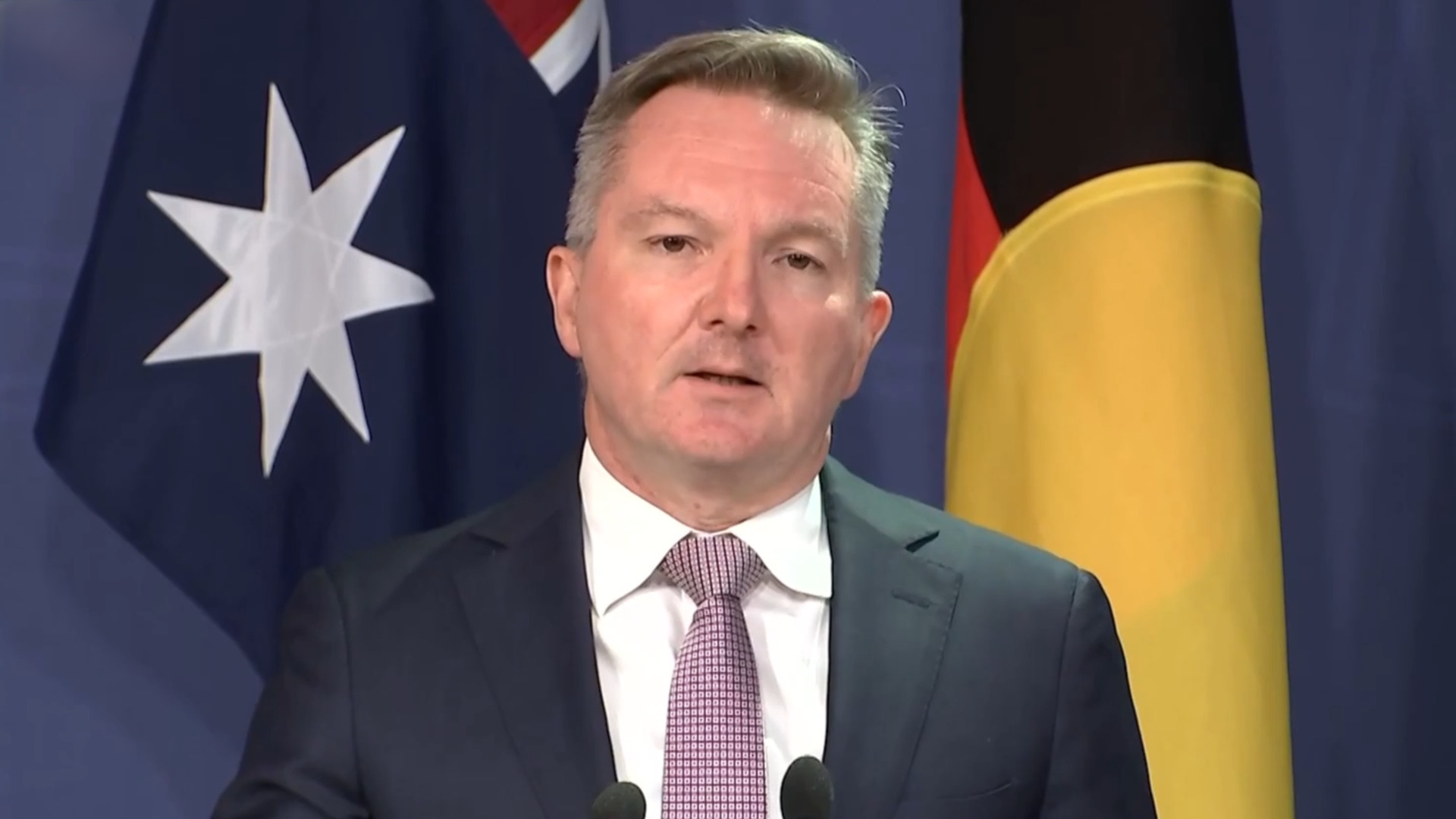
The fact is that new transmission lines are causing all sorts of headaches in addition to the legitimate objections of rural and regional folk to the unwelcome intrusion on the landscape. The cost of constructing new transmission lines has blown out dramatically. Just take the completely unjustified CopperString transmission line linking Mount Isa to Townsville. Only last year, the Queensland Labor government estimated the cost at $1.5bn; it is now estimated to cost at least $9bn.
No doubt there is a lot of water to go under the bridge when it comes to the nuclear-plus-renewables versus renewables-plus-storage debate. Sadly, it won’t be a sensible debate because Labor is intent on politicising the issues rather than objectively weighing up the costs and benefits.
Labor has dug itself into a hole that may end up costing the country dearly. Bowen has finally realised that his plan can only work with gas as a critical backup. But having demonised gas for so long – and let’s not even talk about the behaviour of the Victorian and NSW governments here – there is now a shortage of gas for domestic purposes. We face the bizarre prospect of importing LNG, with all its attendant costs, to shore up the electricity grid as well as supply gas to the domestic market.
The end result is electricity prices that are highly correlated with the gas price, with gas as the marginal supplier. Having acres of rooftop solar makes no effective difference to this outcome and creates problems for grid stability.
Hopefully, there will be some sensible debate in the New Year. If Bowen is so convinced nuclear has no future in the country – well, apart from ANSTO and AUKUS – then he should commit to lifting the bans because, in his mind, it would make no difference. We could then assess whether there is any real interest in building a nuclear power industry in this country.




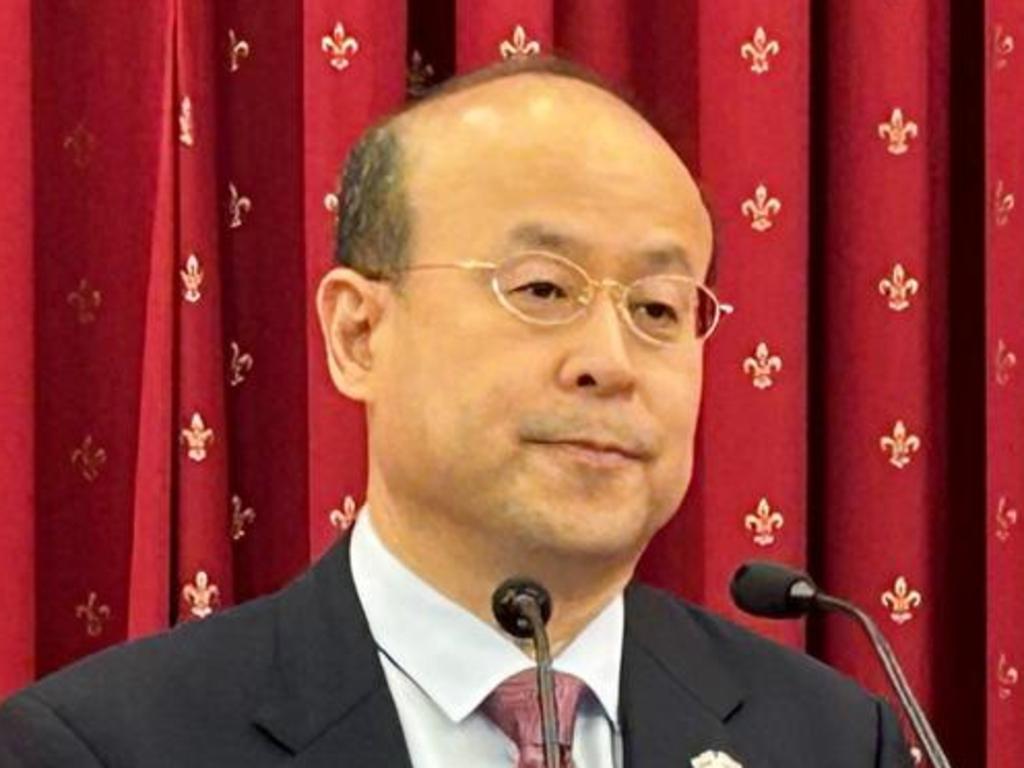

Picture the scene. It’s a “town and gown” event being held at the University of Chicago. An entrepreneurial businessman approaches a well-known economics professor. He outlines his business proposition, describing the market, the potential demand, the technical requirements, the costs. The professor’s response is simple: if it’s such a good idea, it would already exist.